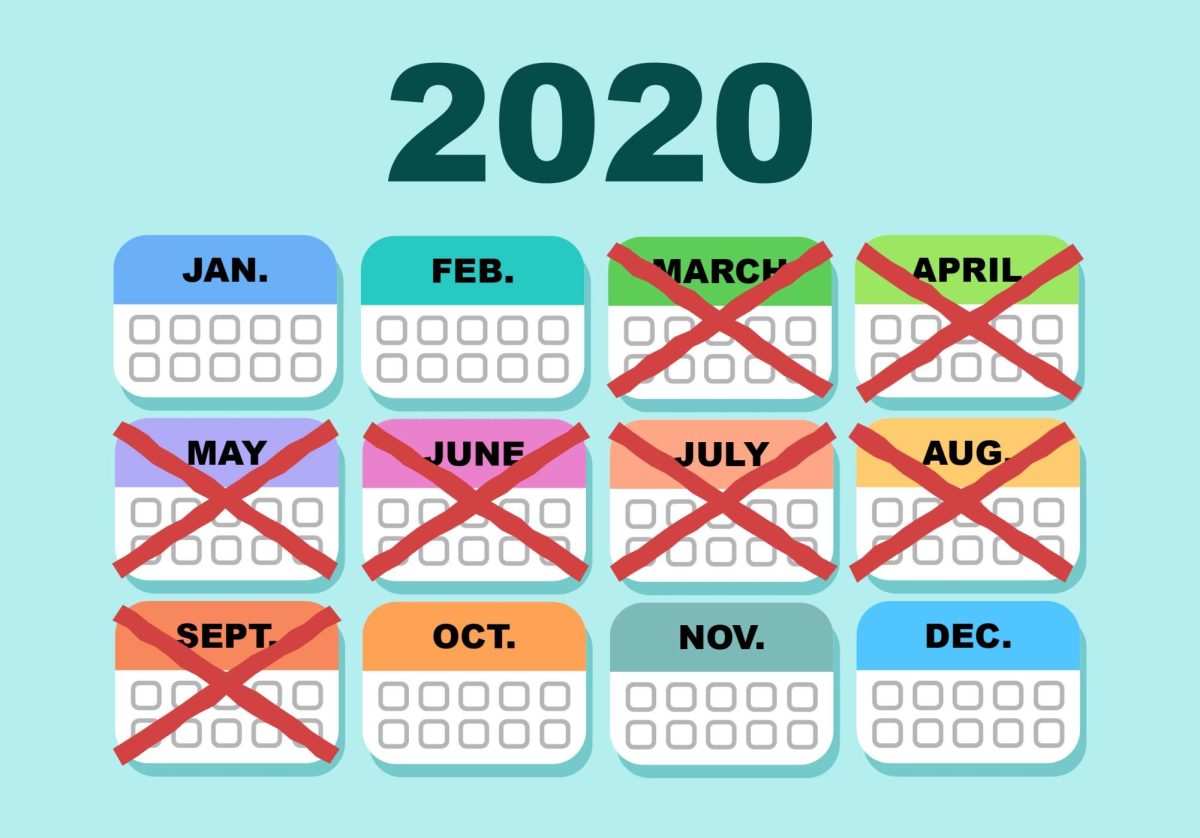Louise Story’s front page New York Times article, “Many Women at Elite Colleges Set Career Path to Motherhood,” detailed how an increasing number of women at Yale and other elite universities are choosing motherhood after graduation instead of acting on their career goals. There is nothing wrong with being a stay-at-home mom. It is the woman’s choice whether to work or stay at home to raise children, and having that choice is in fact the essence of feminism. However, these women interviewed at Yale and other elite universities are blowing off their education – not to mention the exorbitant cost of it – as soon as they marry a wealthy husband and start having children. They have already submitted to the viewpoint that women cannot balance childrearing with a full-time career. One student discussed a woman’s traditional gender role in Story’s article by stating, “I accept things how they are,” she said. “I don’t mind the status quo. I don’t see why I have to go against it.” It is this status quo that is the issue.
In that respect, I use the word “choice” with a grain of salt. It is not a fair choice when the playing field is still so uneven for mothers attempting a balance between work and family. It can seem insurmountable.
By perpetuating inequities, these women make the path to labor equality more laborious not only for future generations, but also for women currently trying to enter the work force. When women with the most “esteemed degrees” refuse to participate in altering the status quo, it makes it that much more difficult for women as a whole to be taken seriously. These privileged women are not striving to change or even challenge institutions and practices – such as the incredible amount of hours one must bank in an average law firm to make partner – that make it difficult for women to balance motherhood and work. Nor are they questioning or fighting unjust laws that discriminate against parents who need to take more than six weeks of parental leave – often unpaid. Women graduating from these elite universities have a responsibility to help change these inequitable practices by setting examples for the rest of the women in America. If they have managed to work hard enough to get their degree, there is bound to be enough energy inside them to manage to work and to raise a family..
When they return to their jobs, mothers in the work force often face infuriating double-standards and discrimination. In “Global Gender
Issues,” by V. Spike Peterson and Anne Sisson Runyan, a bifurcated cartoon depicts a meeting around a conference table where a man stands up and announces that he needs to leave early to pick his kids up from school. The board members praise him for taking on the “mother” role. The other half of the cartoon shows the only woman at the meeting rising to leave for the same reason, but she receives scorn from the members. They react by saying, “who does she think she is?” “how unprofessional,” and “does she want to work at this company?” If this generation of women decides to not “mind the status quo,” work accomplished by our mothers and grandmothers could be regressed by decades.
If Story’s research is true and Ivy League women are already choosing to stay out of careers before they even graduate, that will have a grave consequence both for feminism and the make up of the occupational landscape. Jobs that may have gone to these women will instead largely go to men. If women stop entering the work force to instead pursue traditional gender roles, we might very well return to a point where one would be surprised to see a woman beyond a secretarial desk. It is not easy for women to balance a career and a family. But, that is exactly why we should be fighting the status quo. Men and women need to actively challenge that system and create a professional environment that respects a parent’s desire to raise a family while juggling work.
Women can balance work and family. Thousands of women across the country do it every day. It may not be easy, but it widens the opportunities for countless women down the road.
How a woman decides to use her education is, above all else, her own choice. It is personal, and seeking an education is a step forward for all women. If we, as women, refuse to challenge the structure that deliberately makes it harder for us to carry on a full-time job and raise children, we commit a disservice to both history and the future. The only way to make this country a more equal home for generations to come is by tackling the issues head on, not by ignoring the problem.
Abby Bar-Lev welcomes comments at abarlev@mndaily.com.







